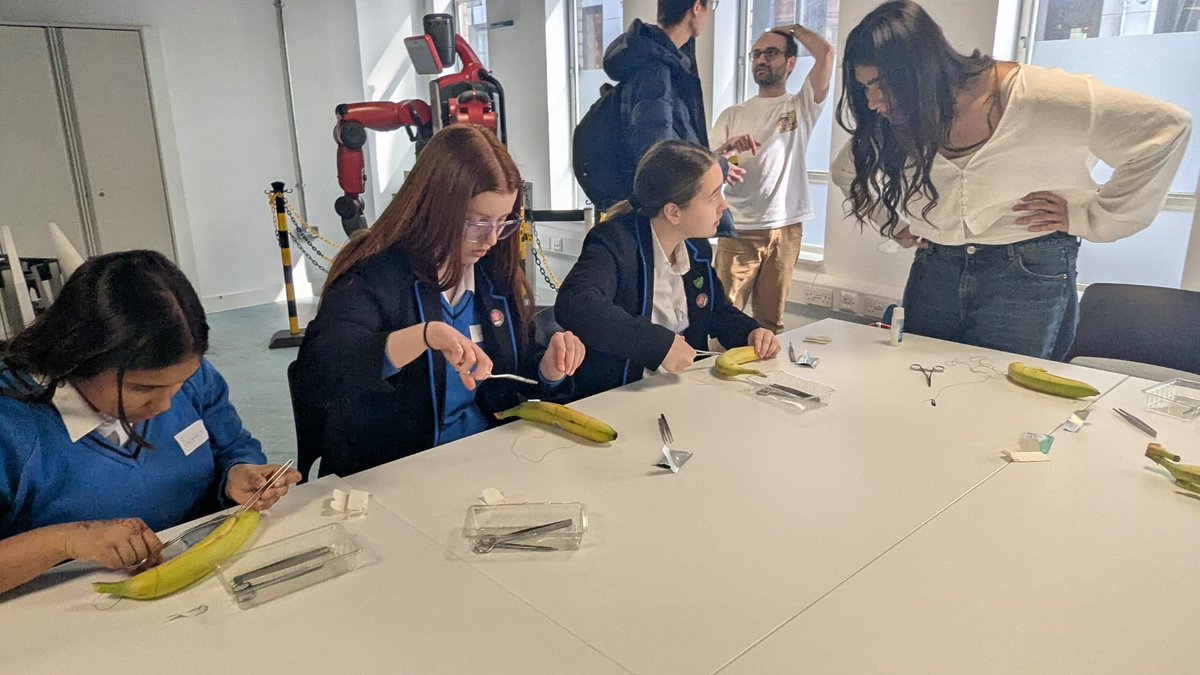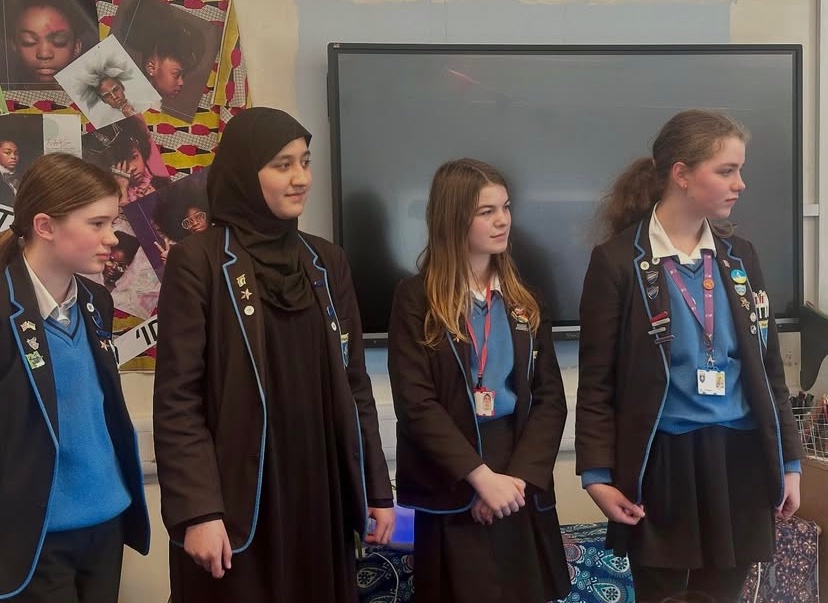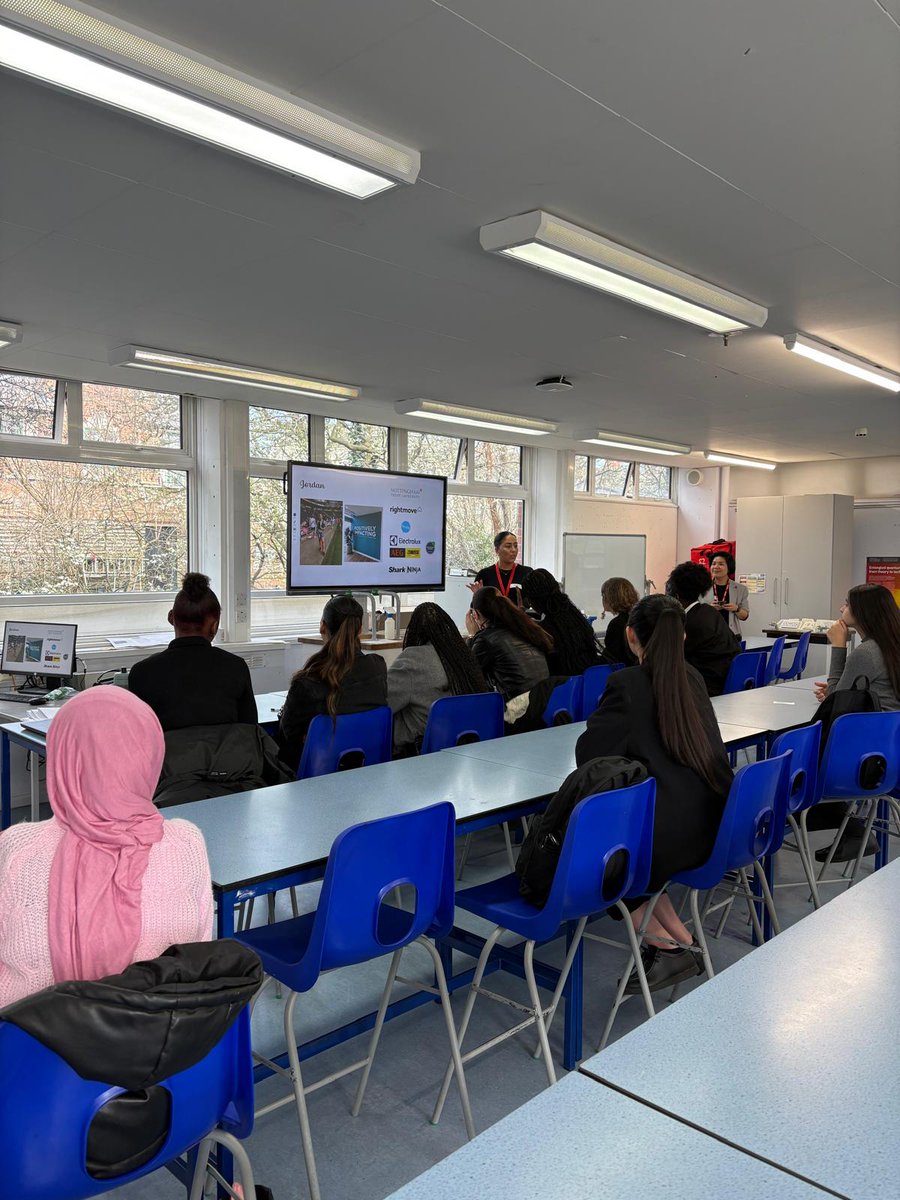Design Technology
Design and Technology encompasses both Food Technology and Product Design. Click the links below for more information about both these exciting aspects of the curriculum.
Read the latest news stories about Science, Technology, Engineering and Maths at our academy, including new projects and trips.
The curriculum overview for each year group can be downloaded below.
Food Technology
Food Technology is an exciting and popular practical subject which forms a fundamental part of everyday life in our academy. Food Technology allows students to demonstrate their creativity when making food products as well as to gain an understanding of food science and nutrition. All students study food technology at KS3. One lesson is taught weekly, lasting 1 ½ hours.
This enables students to learn where food comes from, how to cook a range of dishes safely and hygienically and how to plan, prepare and cook healthy balanced meals for a variety of different people.
Students are given the opportunity to further develop and broaden their knowledge in the following areas:
- healthy eating
- food and cooking
- diet and health
- wise food shopping
Students at Key Stage 4 are given the chance to explore food from a variety of cultures around the world and be inspired to design, create, develop and communicate their ideas in an innovative way. Students regularly test, modify and evaluate products made to ensure suitability for intended users.
The ‘Real World Learning’ experience that is encompassed in this subject prepares students for life beyond the classroom by, for example, learning to read food labels independently and understanding what contributes to a healthy balanced diet.
Product Design
Product Design focuses on making quality products suitable for the commercial market. Students are provided with the opportunity to gather experience of problem solving in the practical world, using both hand skills and up-to-date computer controlled technology to put design ideas into practice.
The course teaches students about a wide range of materials, both natural and man made, the processes needed to form them and their use in the commercial world. Working on real life projects entails considering the environment both locally and globally. State of the art facilities available in the department enable quality products to be made to commercial standards.
























